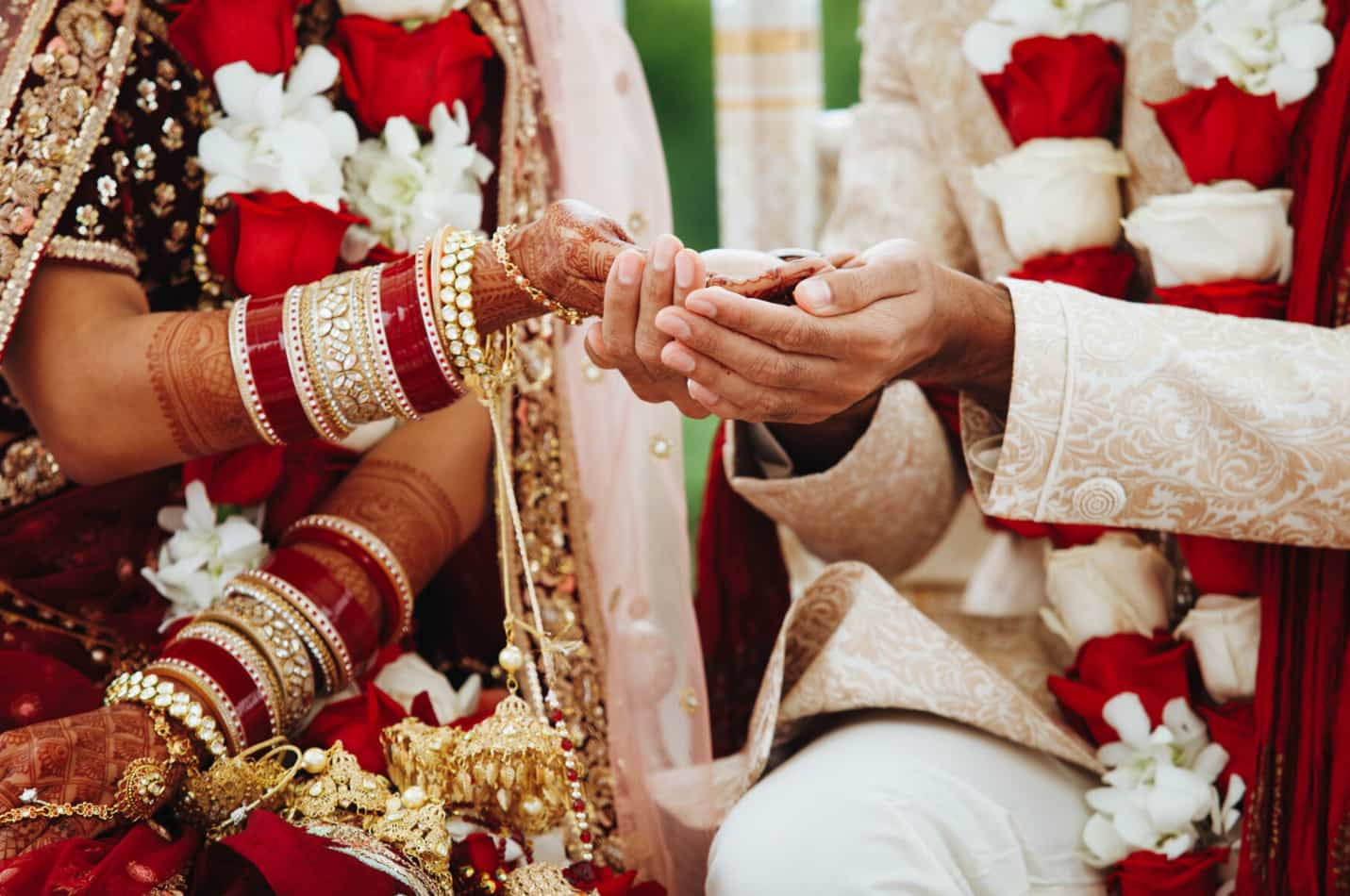Marriage is an important social institution in India that is governed by laws and regulations on key aspects like the legal age limit. As we step into 2024, it is crucial to understand the current legal marriage age in India for girl and boy in 2024.
Adhering to the lawful age thresholds aims to safeguard individual rights, prevent child marriage, and ensure the well-being of future spouses.
Knowledge of the updated rules empowers educated marital decisions aligned with personal readiness as well as compliance.
Legal Marriage Age in India for Girl and Boy 2024

This comprehensive guide delves into the legal age for marriage in India in 2024, analyzing the prevailing acts and amendments, and presenting key statistics and insights while answering commonly asked questions on this pertinent subject.
Legal Marriage Age for Girls in India in 2024
The lawful age for girls to marry in India as of 2024 is 18 years. As per the directives of The Prohibition of Child Marriage Act (PCMA), 2006, tying the knot before attaining the age of 18 is deemed as child marriage, holding serious repercussions for offenders.
Key Highlights:
- Minimum Legal Age: 18 years
- Applicable Law: The Prohibition of Child Marriage Act, 2006
- Punishment for Child Marriage Offenders: Up to 2 years imprisonment with a fine up to Rs 1 lakh
The legislation aims to deter the solemnization of child unions in alignment with India’s National Policy Framework endeavors to empower women and safeguard female rights. Setting the threshold age of 18 is projected to curtail early school dropouts, and early pregnancy risks, bolster self-agency, and open up career pathways for girls.
Legal Marriage Age for Boys in India in 2024
For males in India, the legal age to get married is 21 years as of 2024 and is governed by The Prohibition of Child Marriage Act, of 2006. The lawful age aligns with personal law directives by the Hindu Marriage Act, of 1955.
Key Aspects:
- Minimum Legal Age: 21 years
- Governing Law: Prohibition of Child Marriage Act, 2006 + Personal Laws
- Punishment: Imprisonment up to 2 years with a fine of up to Rs 1 lakh
By establishing 21 years as the threshold age for boys, the legislation aims to promote maturity levels, curtail marital discord, and augment employability prospects for young males. The act provides flexibility in setting personal law guided marriage age limits for religious communities.
Best Age for Marriage According to Science
Science does not point to a universally ideal age for marriage. The appropriate age is dependent on the level of mental, financial, and emotional readiness of the individual and couple in question.
However, research indicates some key factors that impact marital success:
- Brain Maturity: The rational decision-making region of the brain fully evolves by 25 years. Early twenties marriages may experience more impulsivity.
- Personal Development: Marrying post early/mid-twenties allows adequate time for character building and developing your identity.
- Financial Stability: Marrying too young impacts the ability to support oneself and a family due to educational/career disruptions. The mid to late twenties and beyond enable financial independence.
While societal norms and legal compliance play a role, one must align the matrimonial decision with their personal growth trajectory insights from science indicates.
National Family Health Survey Insights on Marriage Data Trends
India’s decennial National Family Health Survey (NFHS) offers pivotal marriage data covering child marriage prevalence, mean marriage age statistics, and regional variances.
The NFHS-5 conducted over 2019-2021 highlights promising trends:
- The decline in child marriage rate: 23% of women aged 20-24 married before 18 years compared to 27% in 2015-16 (NHFS-4)
However, it also spotlights concerns regarding stark state-level differences:
- Child marriage highest in West Bengal (41%), Tripura (33%), Assam (33%)
- Lowest in Kerala (7%), Himachal Pradesh (9%), Tamil Nadu (16%)
Raising awareness and strictly implementing PCMA mandates aligned region-specific indicators is required to uniformly lower child marriage numbers.
FAQs on Legal Marriage Age in India
Here are some common FAQs addressed on the legal age for marriage in India for boys and girls in 2024:
- What is the current legal age of marriage for girls in India?
According to the Prohibition of Child Marriage Act (PCMA) 2006, 18 years is the lawful marriage age in India for females as of 2024.
- Can a 21 year old boy marry in India as per the latest rules?
Yes, 21 years is the legal age for males to marry in 2024 as per the clauses mandated by the PCMA 2006.
- Is there any flexibility in the minimum age of marriage in India as per personal laws?
The PCMA provides special allowances for minorities and religious groups to follow personal law directives on marriage age eligibility criteria.
- What are the punishments for solemnizing child marriage in India?
As per the PCMA 2006, child marriage offenses can hold penalties of up to 2 years imprisonment coupled with a fine of up to Rs 1 lakh.
- What does research suggest is the ideal marriage age bracket?
Studies point to the mid to late twenties as the ideal age bandwidth for marriage aligned with mental and financial maturity indicators.
Legal Marriage Age Limits in India in 2024
| Description | Females | Males |
|---|---|---|
| Legal Marriage Age | 18 Years | 21 Years |
| Governing Law | The Prohibition of Child Marriage Act, 2006 + Personal Laws for Special Categories | The Prohibition of Child Marriage Act, 2006 + Personal Laws for Special Categories |
| Objectives | Curtail Child Marriages, Empowerment of Girls | Mitigate Marital Discord, Promote Financial and Emotional Maturity |
| Punishment for Offenders | Up to 2 years Jail & Rs 1 Lakh Fine | Up to 2 Years Jail & Rs 1 Lakh Fine |
Also Check:
Conclusion
The legal age of marriage is a pivotal legal regulation aiming to balance tradition and modernization while empowering youth with agency and safeguarding welfare.
As of 2024, 18 and 21 years remain the lawful threshold for girls and boys respectively to enter matrimony aligned with India’s child marriage deterrence objectives.
However, one must note that the appropriate timing for nuptials also encompasses emotional wisdom along with financial stability benchmarks.
Building awareness regarding updated legal protocols while advocating for self-determined marital readiness can aid the country’s progress further.



